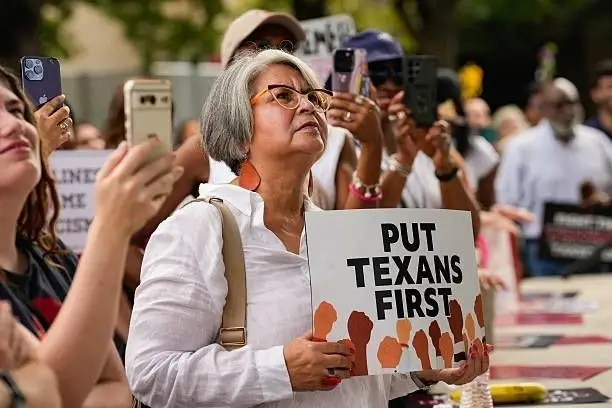Over the past few weeks, Wall Street has been on edge—not just because of market volatility or new tariffs, but due to growing political pressure on one of the most important institutions in the U.S. economy: the Federal Reserve.
President Donald Trump has been openly criticizing Fed Chair Jerome Powell and is now pushing for immediate interest rate cuts. This has sparked fears that the central bank’s independence, a pillar of economic stability in the U.S., may be at serious risk.
The Federal Reserve was designed to operate independently from the White House so that monetary policy decisions—like adjusting interest rates—are made based on economic data, not political agendas. Historically, presidents have respected this boundary. But President Trump’s recent comments and social media attacks suggest he’s not afraid to cross that line.
Why is this such a big deal? First, if the Fed gives in to political pressure, it could set a dangerous precedent. Investors and global markets rely on the Fed to make impartial decisions. If that trust is broken, it could trigger massive financial instability, including a selloff in U.S. stocks, bonds, and even the dollar.
Second, there’s concern that Trump could take an even more extreme step—trying to fire Jerome Powell. While it’s legally unclear if a president can remove a Fed Chair without cause, even the attempt would likely shake investor confidence and deepen economic uncertainty.
Former Treasury officials and economists have voiced serious warnings. They argue that the Fed must be allowed to act without fear of retaliation from the executive branch. Otherwise, monetary policy becomes a political tool—and that rarely ends well.
We’ve already seen some of the fallout. Market volatility is rising, gold prices are surging as investors seek safe havens, and the dollar is weakening. All signs point to a system under stress.
In short, the independence of the Federal Reserve isn’t just a technical issue—it’s the backbone of global confidence in the U.S. economy. If that backbone breaks, the consequences could ripple far beyond Wall Street.



